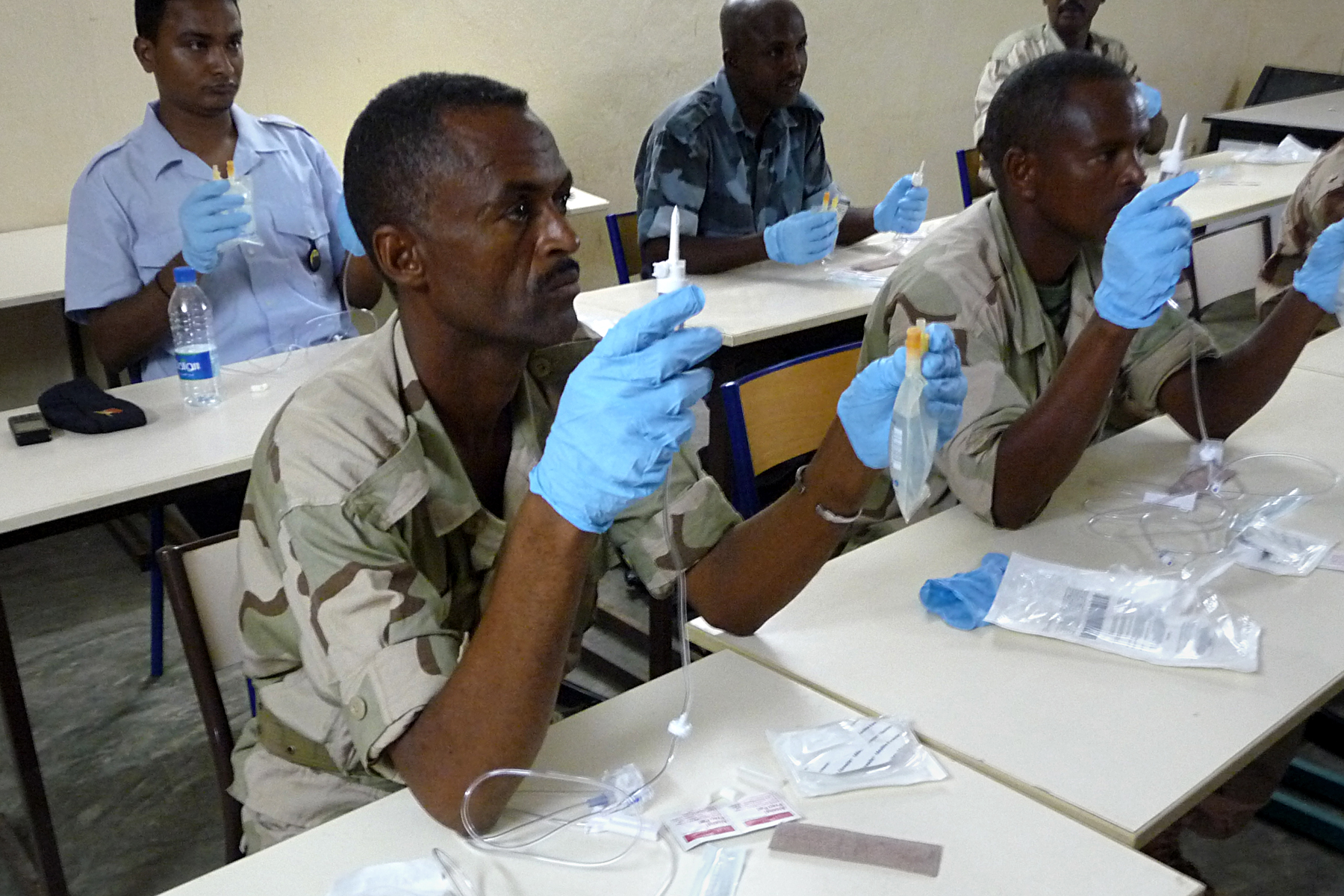6 Facts About Healthcare in Tunisia

Tunisia, situated in the North-central region of Africa, borders two relatively unstable nations, Algeria and Libya. However, Tunisia has had consistent development in human wellbeing for the past couple of decades, ranking among the highest in the African continent. In part, this status can be attributed to the relatively strong healthcare system in place. According to a World Health Organization report, Tunisia possesses a national health strategic plan as well as a relatively high life expectancy at 75 years. Here are six facts about healthcare in Tunisia.
6 Facts About Healthcare in Tunisia
- Health Insurance: More than 90% of the population has some form of health insurance. Private insurance systems cover many Tunisians, while others rely on programs for vulnerable demographics. One persistent concern is the gaps in payment for medical procedures, which can create a financial burden for families.
- Universal Healthcare: Though the new constitution in 2014 labeled healthcare a “human right,” much work still remains to be done in order to make healthcare in Tunisia universally accepted and effective. Specifically, the government is working to improve healthcare infrastructure in southern Tunisia. In 2016, it increased the healthcare budget by 9% to help accomplish this goal.
- Private Sector: The private healthcare sector in Tunisia is booming. In recent years, the number of new private clinics built in the country has surged. By 2025, 75 new facilities are expected to be completed, an increase which would double the capacity of hospital beds in the country. These improvements should help make access to quality healthcare more readily accessible to the general population.
- Deadly Diseases: Tunisia has been able to eradicate and control many deadly diseases that put a strain on the healthcare system. Malaria, polio, schistosomiasis are well under control. The country has also addressed and effectively managed HIV/AIDS.
- COVID-19 Pandemic: Thus far, Tunisia has managed COVID-19 relatively well. Sitting at 1,780 confirmed cases and 52 deaths (as of August 12), the country is well-positioned to recover economically from the virus. Though it is still early, it appears that the healthcare system in Tunisia was able to absorb the influx of cases in order to slow the death rate.
- Preventative Measures: Tunisia’s success in battling COVID-19 is largely due to preventative measures taken by the government and healthcare sector. Seeing the potential for a rise in cases, the nation shut down swiftly. Tunisia went into a rigorous lockdown that lasted for months. This was an especially difficult decision, considering that tourism accounts for 10% of the country’s GDP. In spite of this, however, the World Health Organization cited a strong sense of community and respect for the lockdown measures across the nation.
These six facts about healthcare in Tunisia highlight some of the country’s most significant successes. The nation’s strong healthcare system has led to the control of many deadly diseases. Moving forward, it is essential that the Tunisian government continues to prioritize improving and expanding its healthcare infrastructure.
– Zak Schneider
Photo: Flickr
